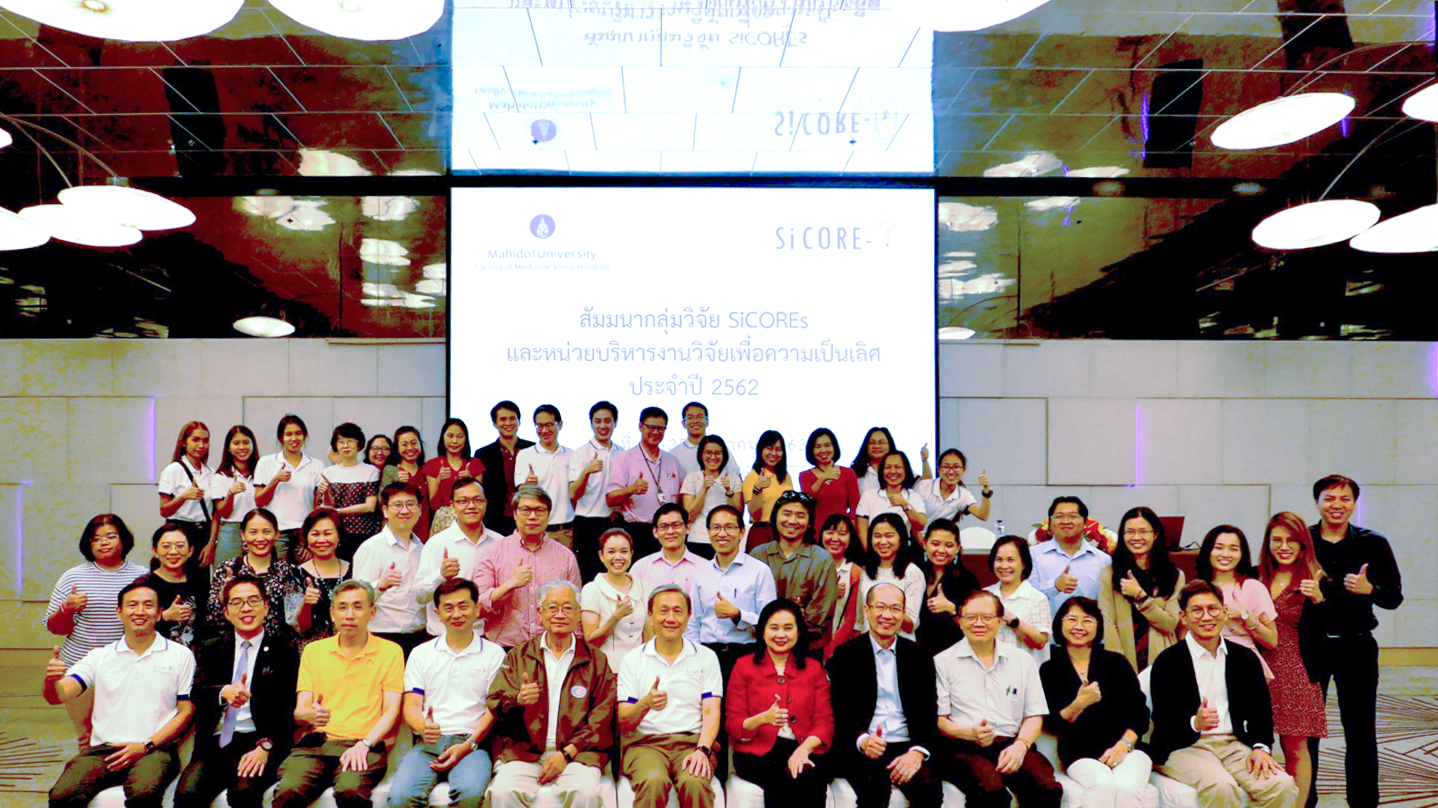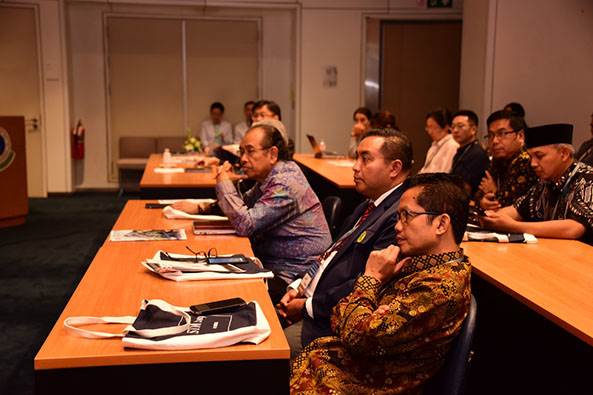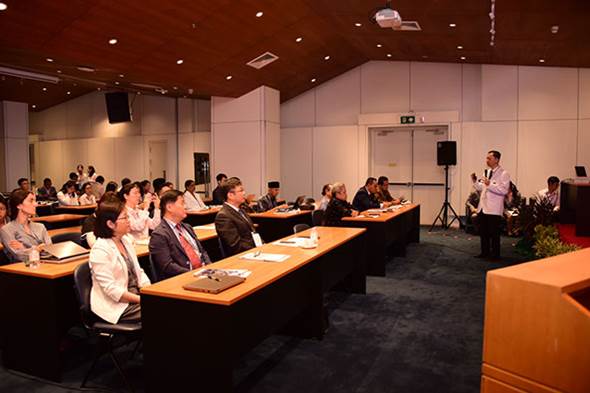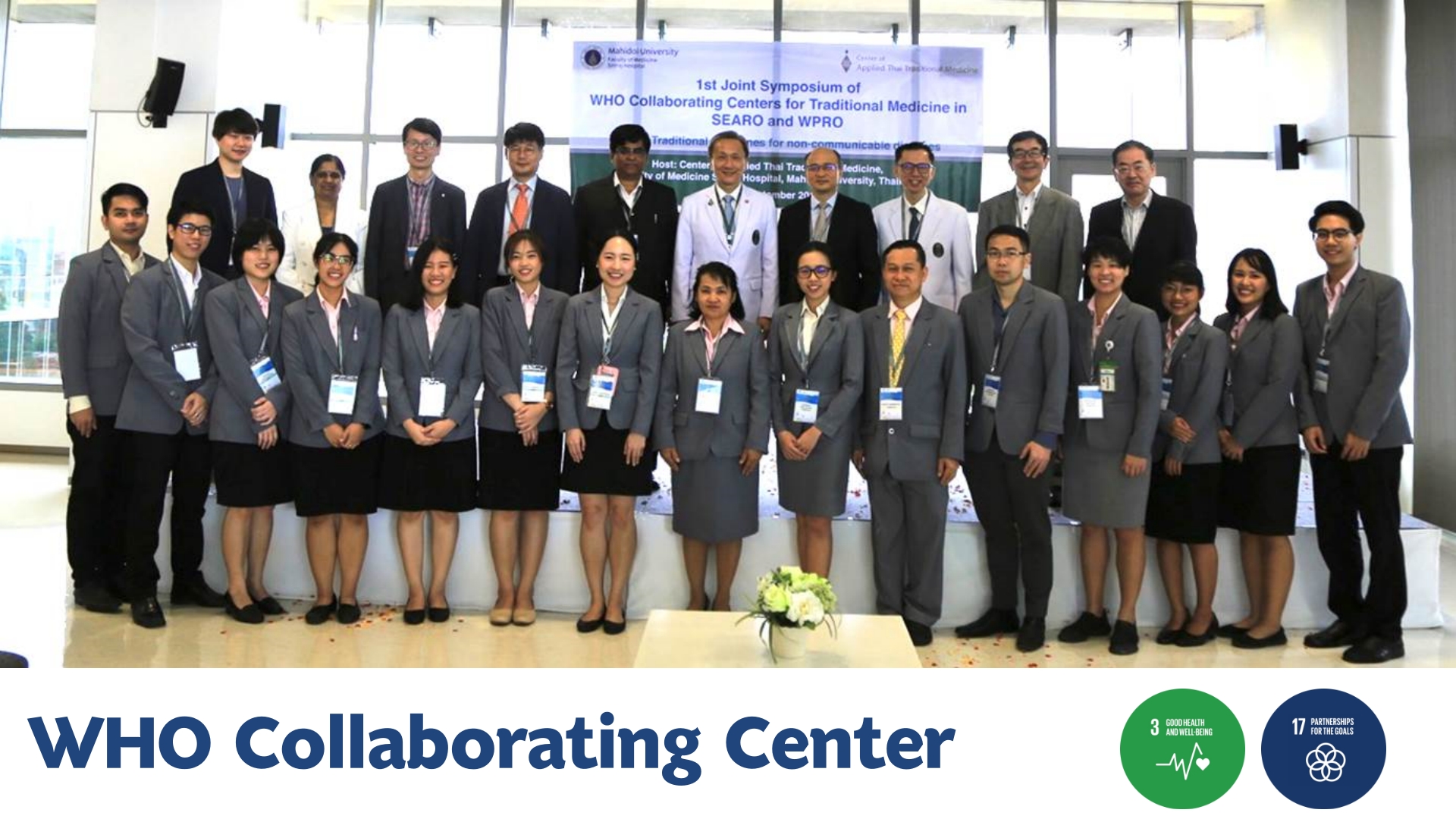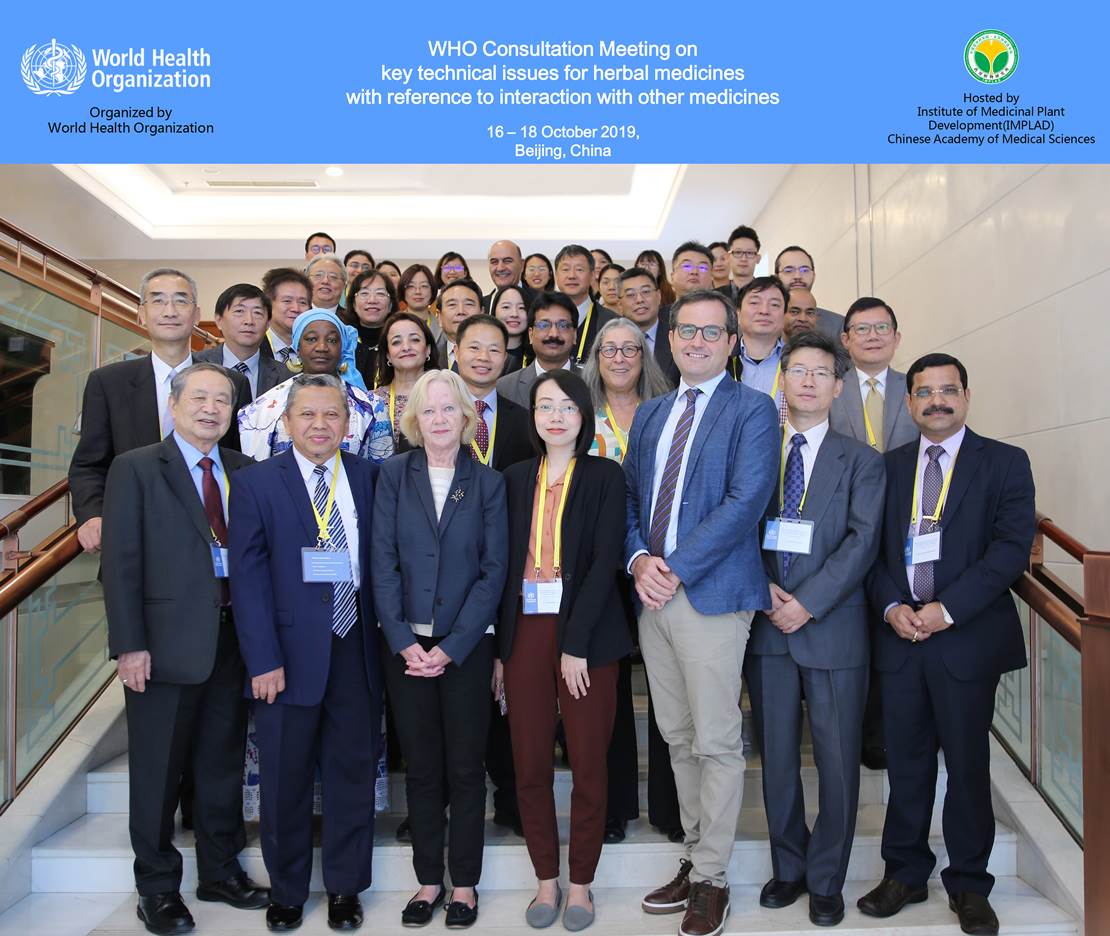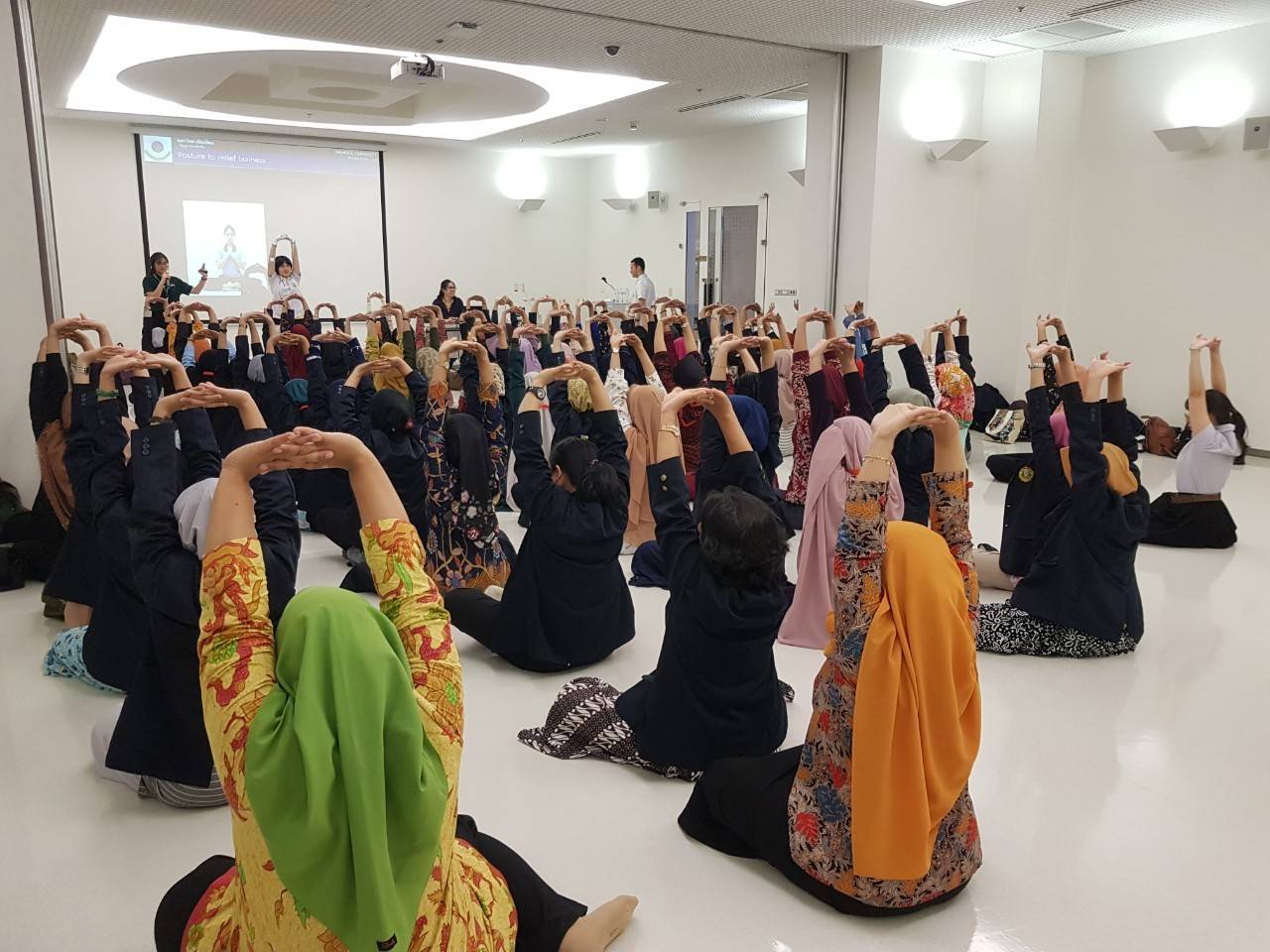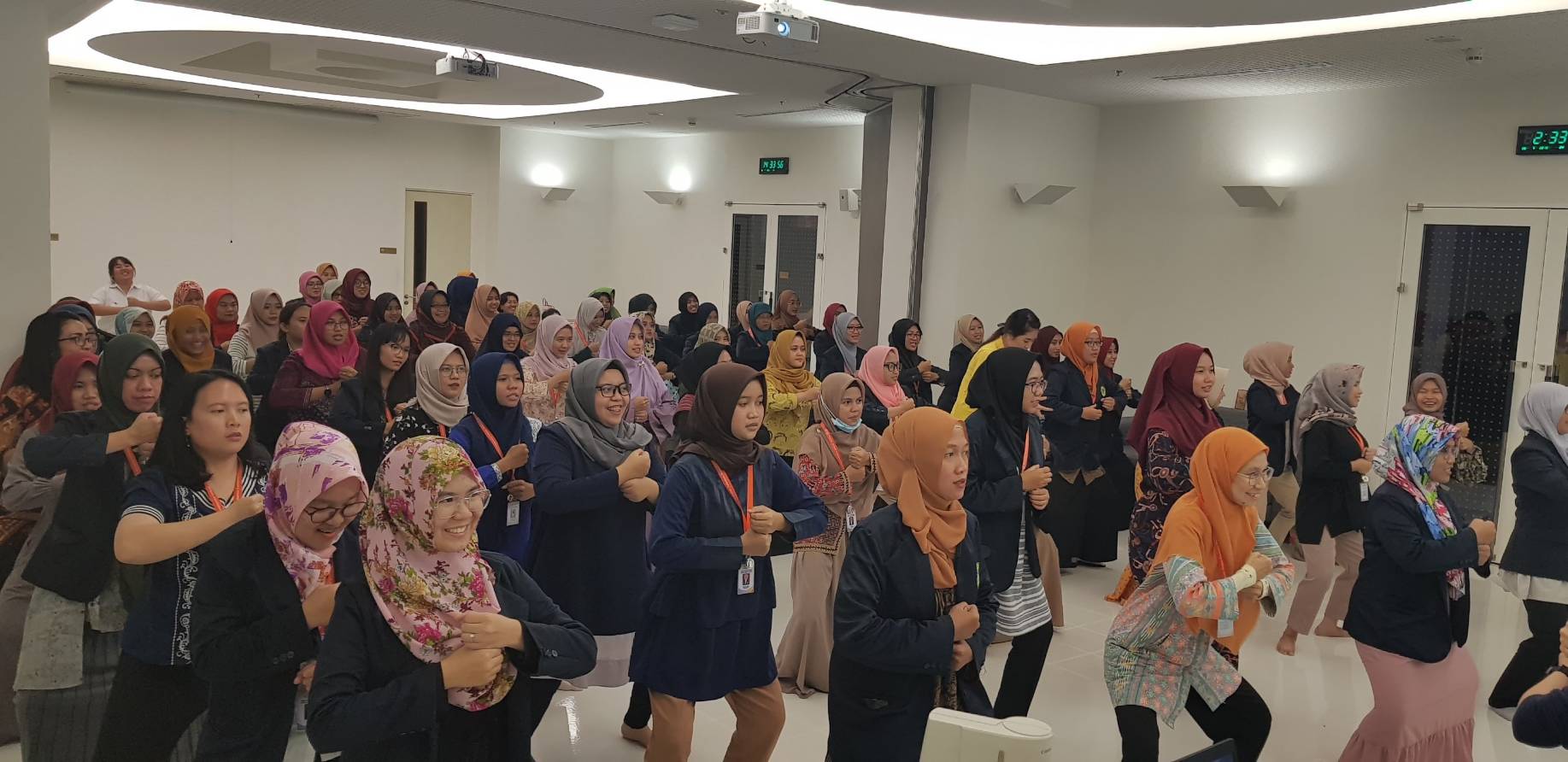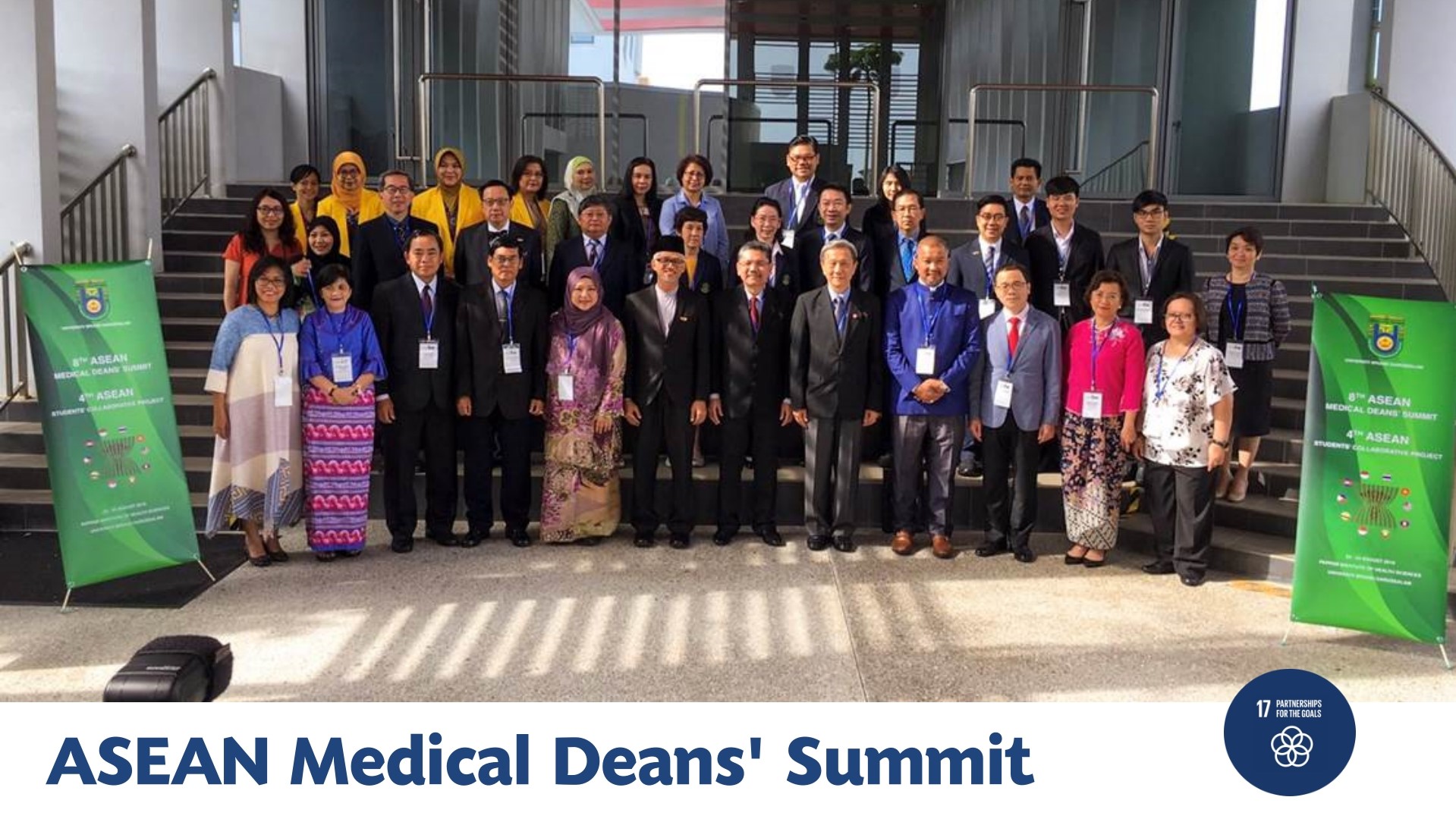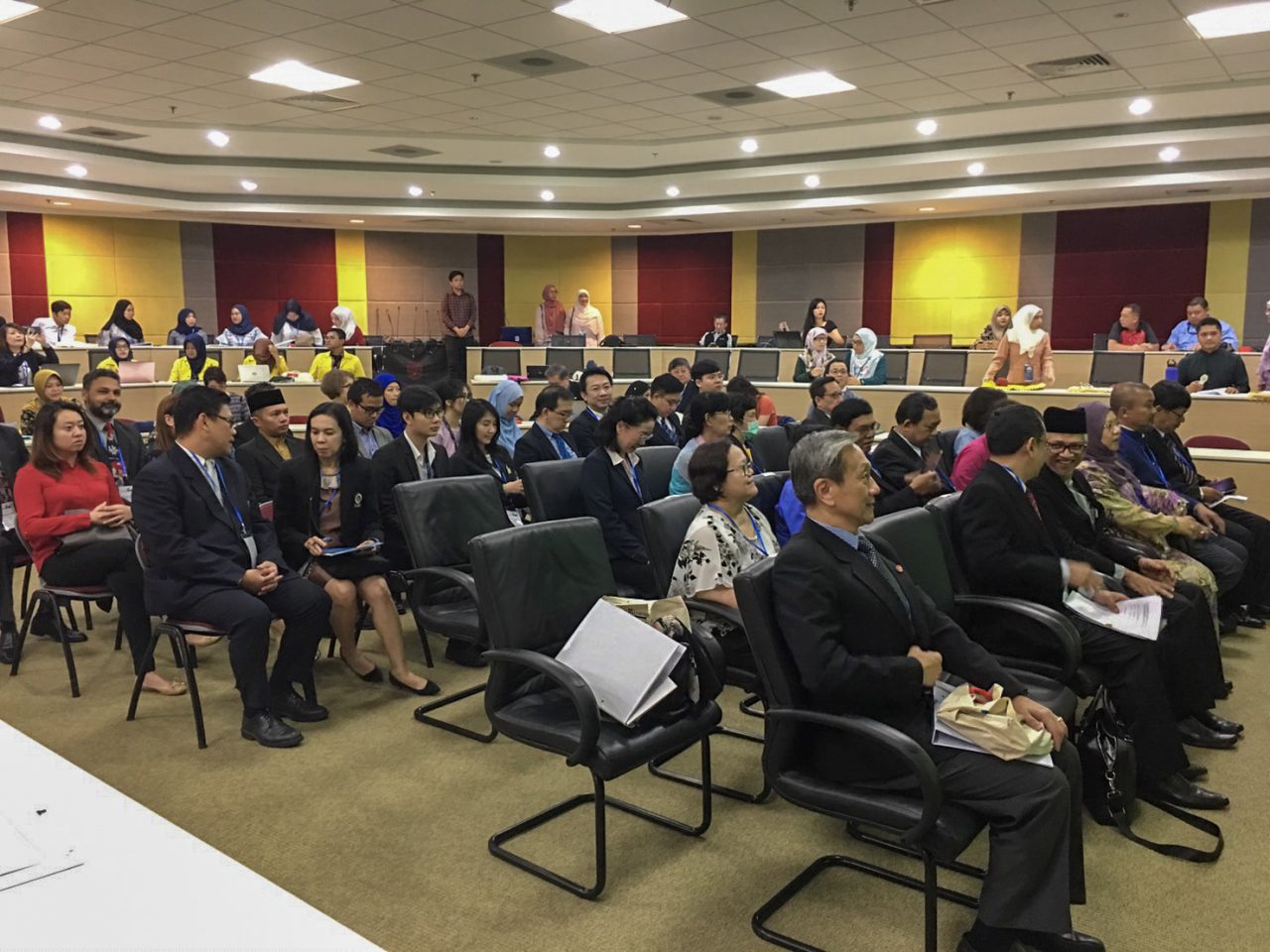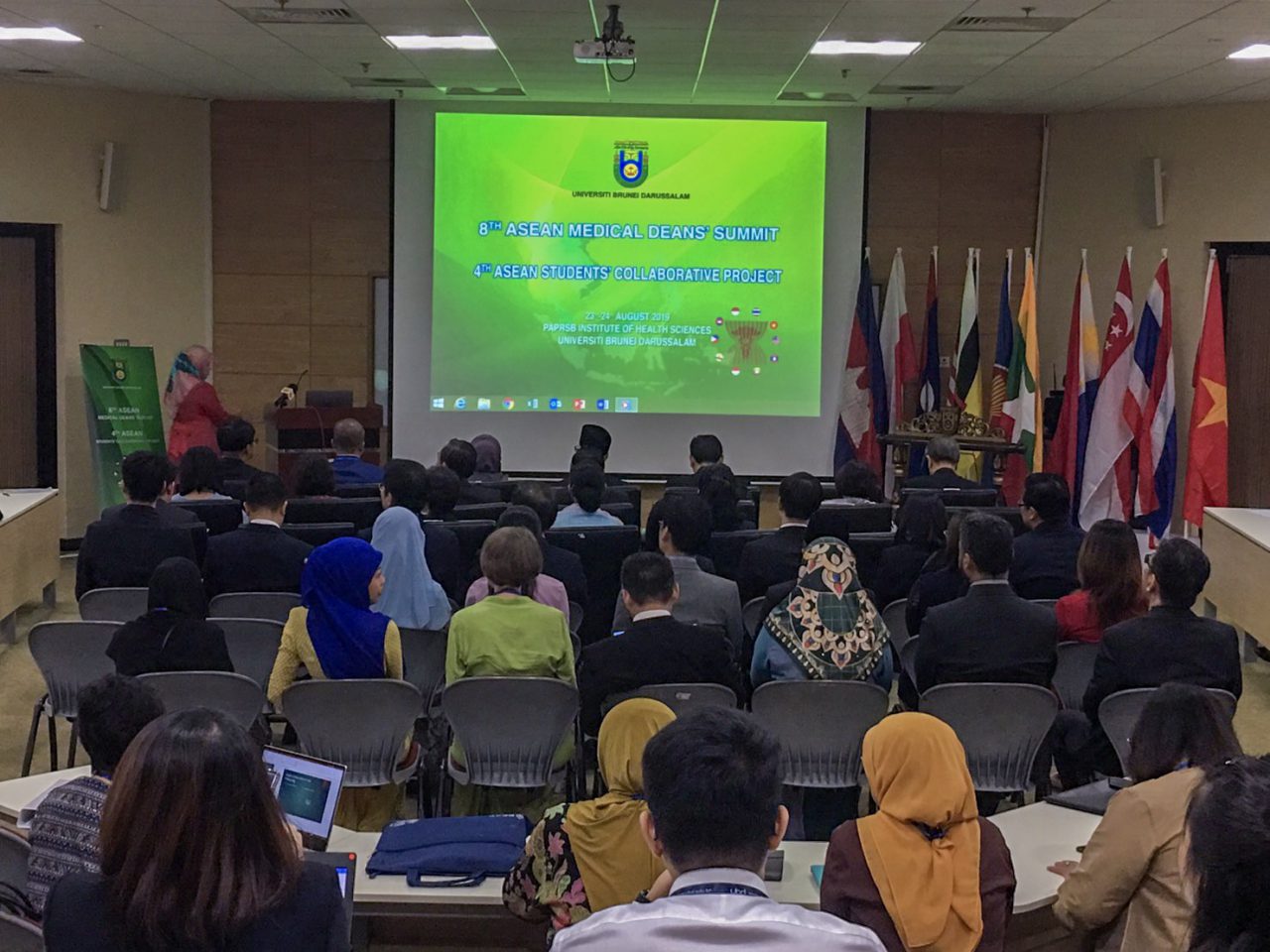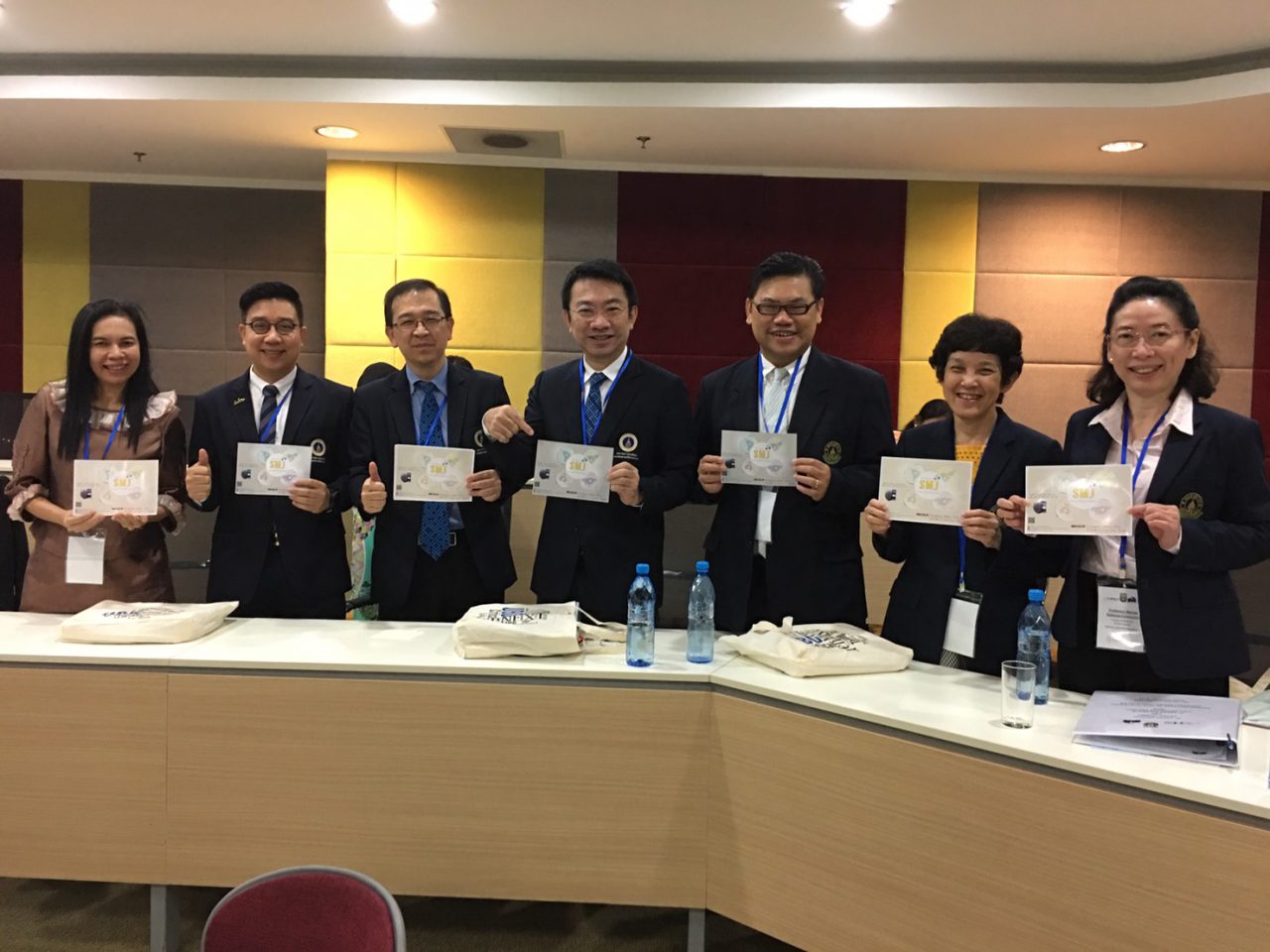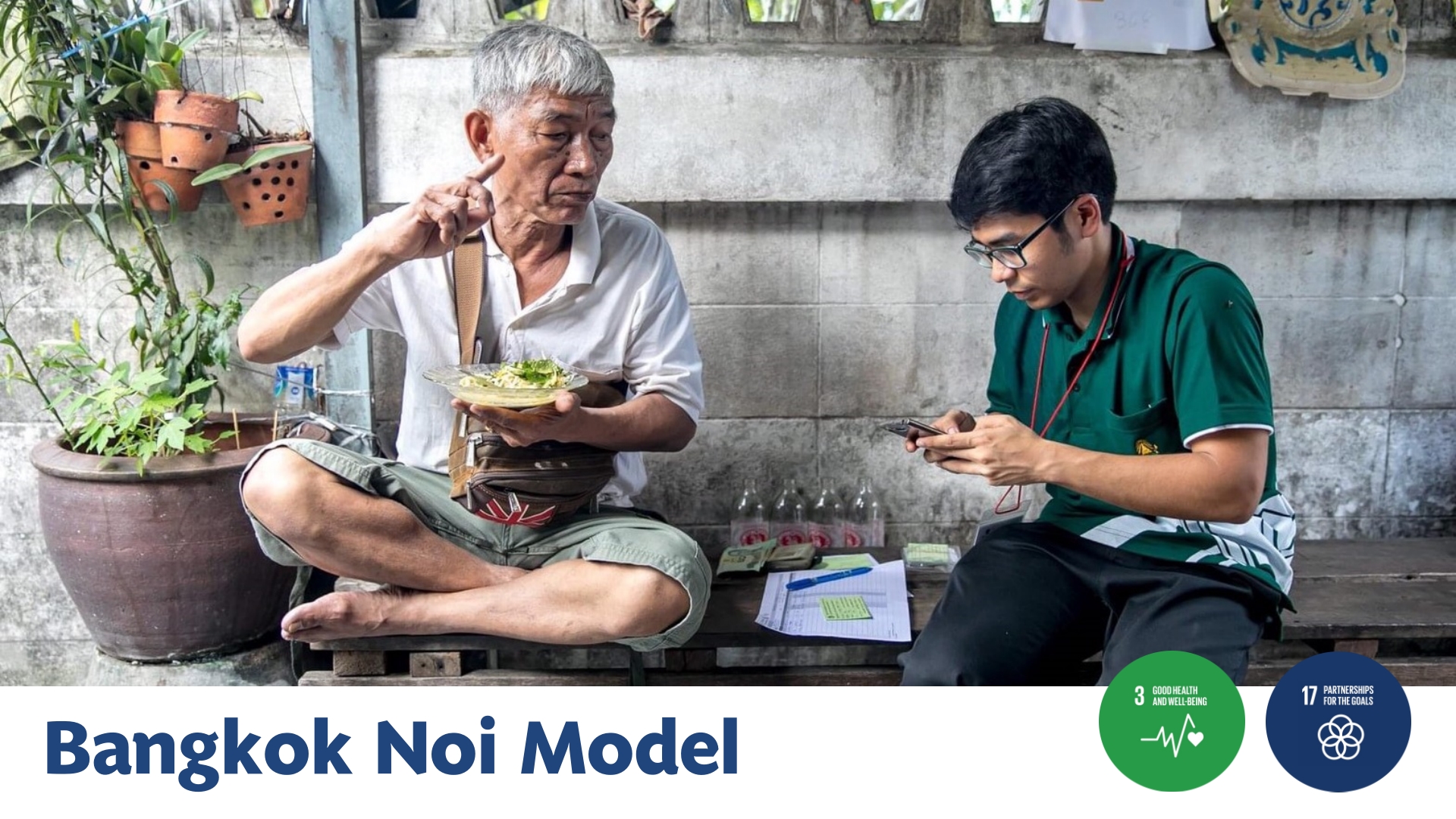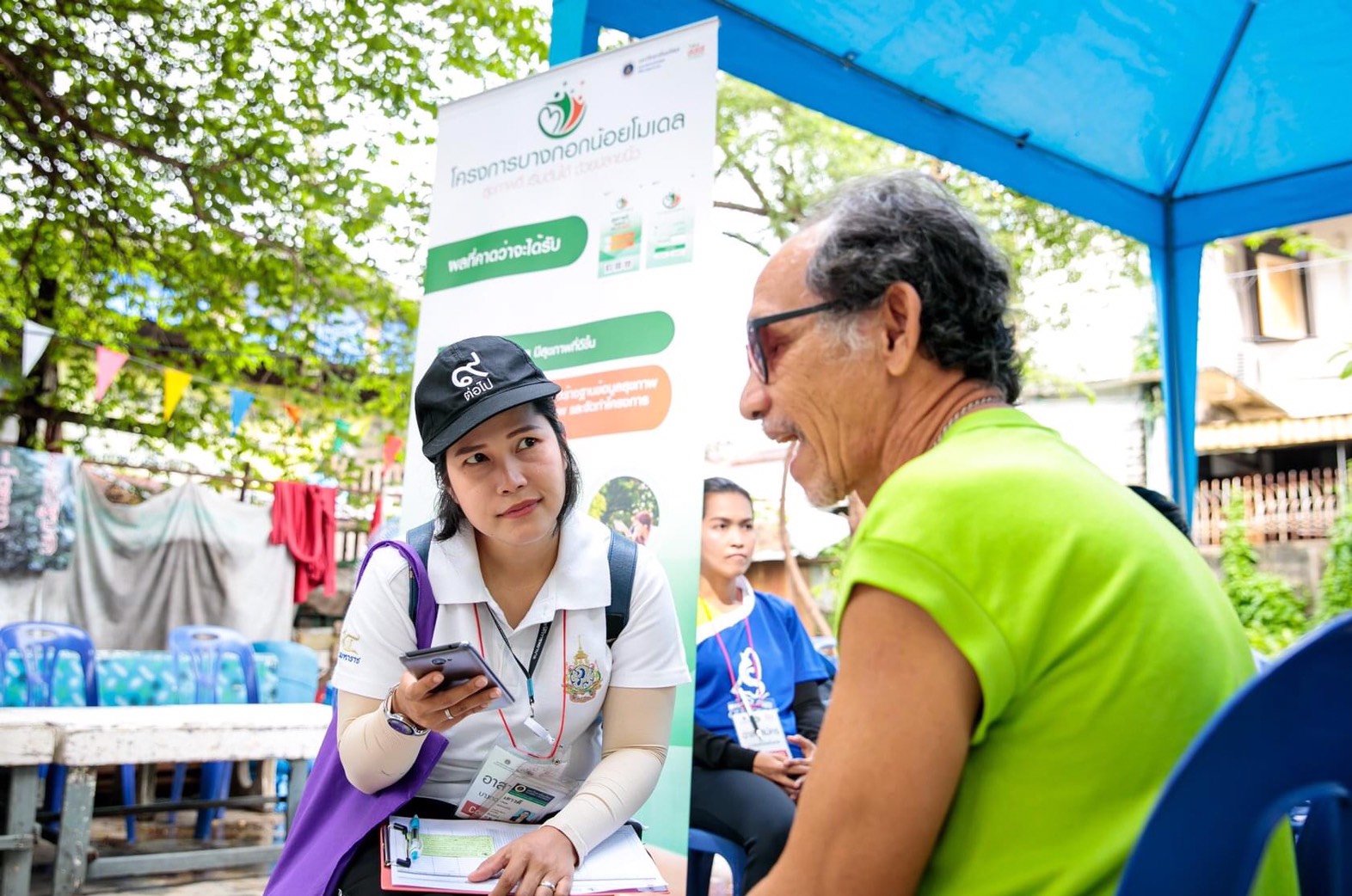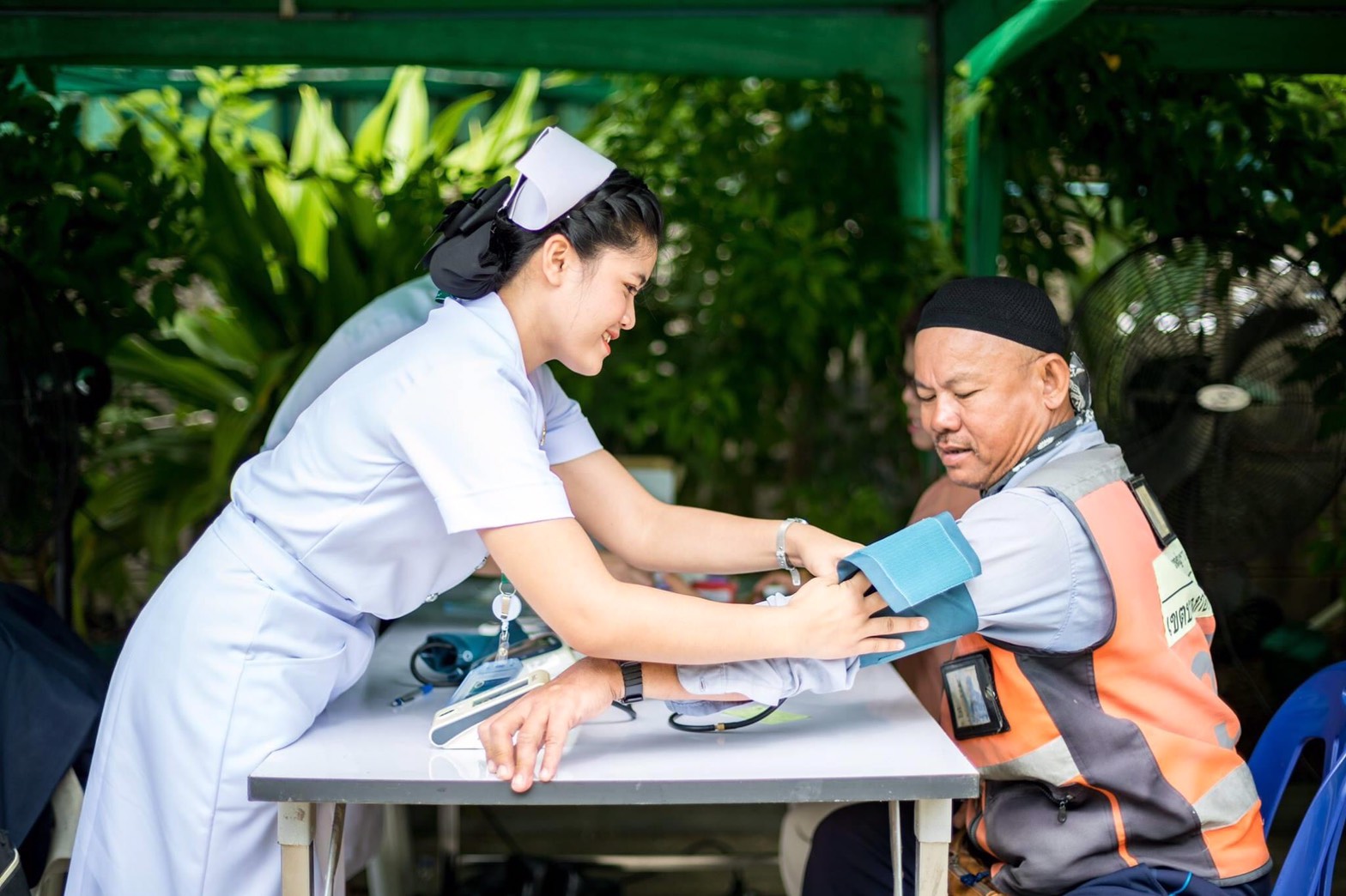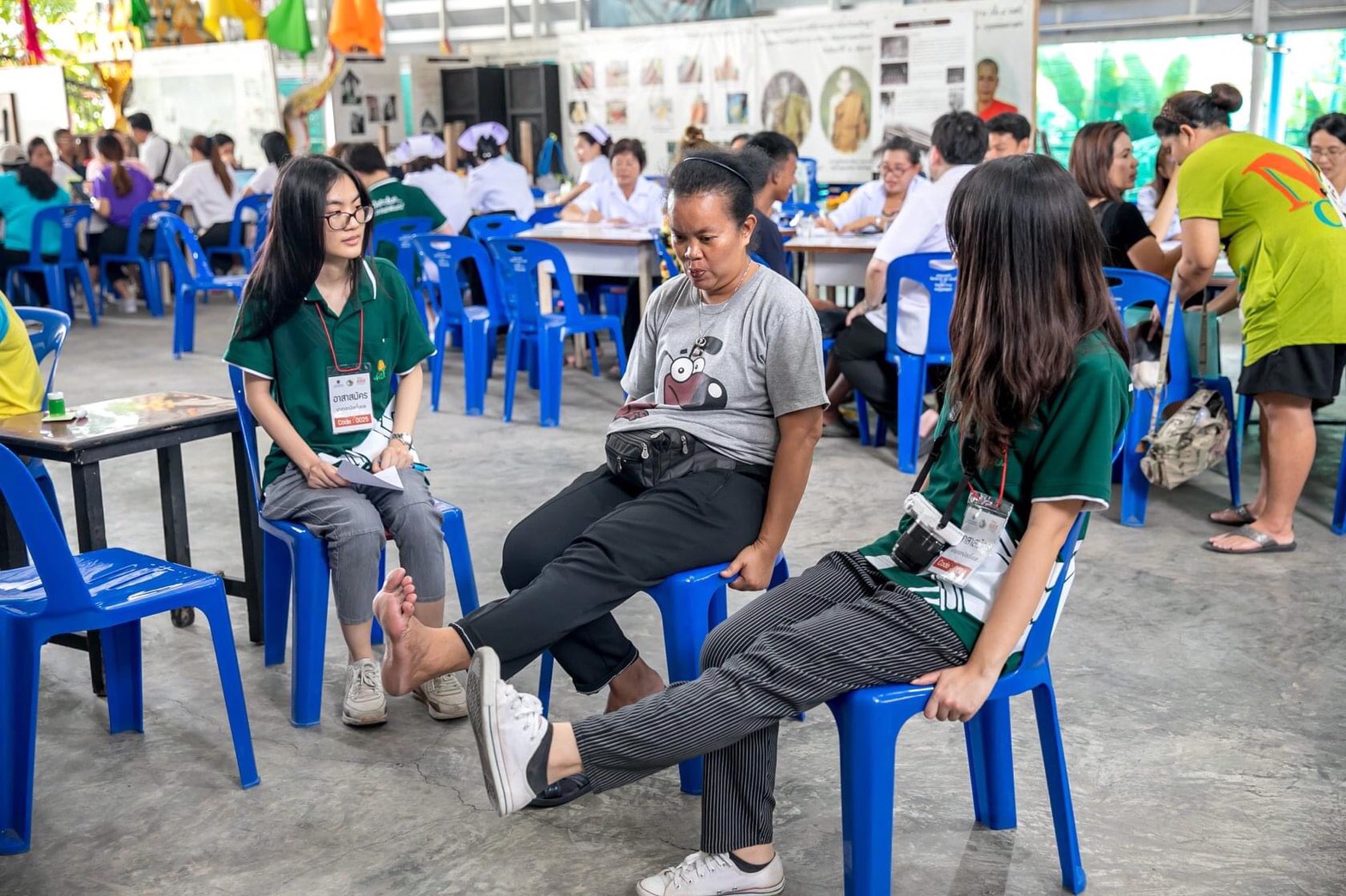‘Siriraj Center of Research Excellence Management Unit (SiCORE-M)’ was founded in 2017 as a management initiative to create a new research ecosystem with customized strategic research management to serve the complex need of ‘Siriraj Center of Research Excellence (SiCORE)’. It also responds to significant health problems, both domestic and international scene, which results in various activities that have been organized so far.
Objectives:
- 1. To accommodate quality research that meets the domestic, regional, or global demand.
- Support and facilitate the researcher for the smooth progress of the research operations following the funding rules and procedures.
- Strengthen the capacity of researchers and research teams to create ‘internationally recognized’ and ‘effective’ research and innovation that help increase the economic wealth compliant to ‘National strategy Thailand 4.0’ and ‘National Research and Innovation Policy Council’.
Specific Purposes:
- Develop a research map, research shows, research gap, and the research interest groups, which lead to the research direction, goal, and researcher development guidelines, to fill the gaps in knowledge through research.
- Support research utilization rather than academic dissemination especially the practical use and increasing economic value of research results.
- 3. Build a network of researchers inside and outside Siriraj (both domestic and international institutes). Strengthening the researchers’ capacity to conduct research on various issues to achieve common goals.
- Develop the strength of Siriraj’s research management organizations to respond to the research policy in Siriraj, society, and Thailand with efficiency, ethics, accuracy, and transparency.
